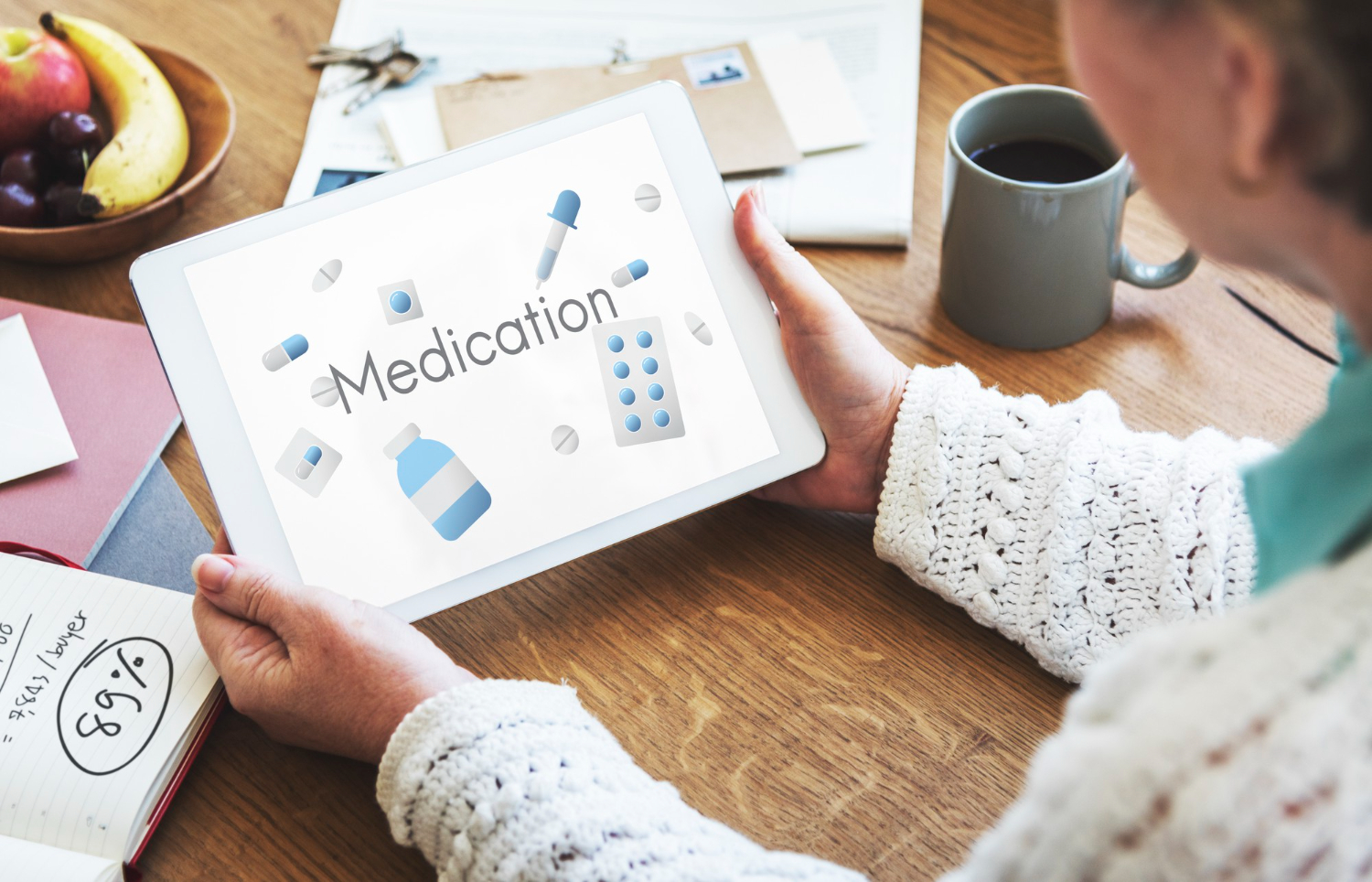Introduction
In today’s fast-paced world, medical information is more accessible than ever before. With the rise of the internet and digital technologies, patients now have a wealth of information at their fingertips. However, navigating this sea of data can be overwhelming. Understanding medical information is crucial for making informed decisions about your health and well-being. This article aims to provide a comprehensive guide to medical information, covering essential topics such as terminology, technology in healthcare, patient rights, preventative care, chronic disease management, and mental health awareness.
1. Understanding Medical Terminology
One of the foundational aspects of medical information is understanding the terminology used in healthcare. Medical terms can often seem daunting, but they are essential for effective communication with healthcare providers.
Common Medical Terms Explained
Terms like “diagnosis,” “symptoms,” “treatment,” and “prognosis” are frequently used in medical contexts. A diagnosis refers to the identification of a disease or condition based on a patient’s symptoms and medical history. Understanding your symptoms is crucial for discussing your condition with your healthcare provider.
A treatment plan outlines the steps taken to address a patient’s condition, while a prognosis indicates the expected outcome of a disease. By familiarizing yourself with these terms, you can engage more effectively with your healthcare team, ensuring you are an active participant in your care.

Importance of Health Literacy
Health literacy is the ability to obtain, process, and understand basic health information. Higher health literacy is associated with better health outcomes and improved patient satisfaction. Patients who understand medical terminology and concepts are more likely to follow treatment plans and make informed decisions about their health.
2. The Role of Technology in Medicine
Technology has transformed the landscape of healthcare, making it easier for patients to access information and communicate with providers.
Telemedicine and Its Benefits
Telemedicine allows patients to consult with healthcare providers remotely, using video calls, phone calls, or messaging platforms. This innovation has become increasingly important, especially during the COVID-19 pandemic, when in-person visits posed a risk to patient safety. Telemedicine offers numerous benefits, including increased accessibility, convenience, and the ability to receive care from the comfort of home.
Electronic Health Records (EHRs)
Electronic Health Records (EHRs) have revolutionized how patient information is stored and shared. EHRs allow healthcare providers to access a patient’s medical history, medications, allergies, and test results in real time. This seamless sharing of information enhances continuity of care and ensures that patients receive appropriate treatments based on their medical history.

3. Patient Rights and Responsibilities
Understanding your rights as a patient is essential for effective healthcare.
Informed Consent
Informed consent is a fundamental principle in healthcare. It ensures that patients are fully aware of the risks and benefits of a treatment before agreeing to it. Healthcare providers are responsible for explaining procedures, potential side effects, and alternative options. This process empowers patients to make informed decisions about their care.
Patient Privacy and Confidentiality
Patient privacy is protected under laws such as the Health Insurance Portability and Accountability Act (HIPAA). This legislation ensures that personal health information is kept confidential and only shared with authorized individuals. Understanding your rights regarding privacy can help you feel more secure when sharing sensitive information with healthcare providers.
4. Navigating Healthcare Systems
The healthcare system can be complex, and understanding how to navigate it is crucial for receiving appropriate care.
Choosing the Right Healthcare Provider
Selecting the right healthcare provider is an important decision. Factors to consider include the provider’s qualifications, experience, and communication style. It’s also essential to ensure that the provider is in-network if you have health insurance. Researching reviews and seeking recommendations can help you make an informed choice.
Understanding Health Insurance Plans
Health insurance can be complicated, with various plans offering different coverage levels, deductibles, and co-pays. Understanding your health insurance plan is critical for managing healthcare costs. Familiarize yourself with terms like “premium,” “deductible,” and “out-of-pocket maximum” to make the most of your coverage.

5. Preventative Healthcare
Preventative healthcare is essential for maintaining overall health and reducing the risk of chronic diseases.
Importance of Regular Check-ups
Regular check-ups with your healthcare provider can help detect potential health issues early. These visits allow for screenings, vaccinations, and discussions about lifestyle changes that can improve your health. Depending on your age and risk factors, your provider may recommend specific tests or screenings, such as cholesterol checks, blood pressure monitoring, or cancer screenings.
Vaccinations and Preventative Measures
Vaccinations are a crucial component of preventative healthcare. They protect individuals and communities from infectious diseases. Staying up-to-date with recommended vaccinations can help prevent outbreaks and protect vulnerable populations. Discuss your vaccination history with your healthcare provider to ensure you are adequately protected.
6. Chronic Disease Management
Chronic diseases, such as diabetes, heart disease, and asthma, require ongoing management and care.
Common Chronic Conditions
Chronic conditions affect millions of people worldwide and can significantly impact quality of life. Understanding the nature of your chronic condition is essential for effective management. This includes recognizing symptoms, knowing when to seek medical help, and adhering to prescribed treatment plans.
Strategies for Effective Management
Managing a chronic disease often involves lifestyle changes, medication adherence, and regular monitoring. Developing a personalized management plan with your healthcare provider can help you achieve better control over your condition. This may include dietary changes, exercise regimens, and regular check-ins with your healthcare team.
7. Mental Health Awareness
Mental health is an integral part of overall well-being, yet it is often overlooked.
The Importance of Mental Health
Mental health affects how we think, feel, and act. It also plays a crucial role in how we handle stress, relate to others, and make choices. Mental health conditions, such as depression and anxiety, are common and can impact daily life. Understanding the signs and symptoms of mental health issues is essential for seeking help and support.
Resources for Support and Treatment
There are numerous resources available for individuals seeking help for mental health concerns. This includes therapy, counseling, support groups, and medication. It is essential to reach out to a healthcare provider or mental health professional if you or someone you know is struggling with mental health issues.
8. The Future of Medicine
The future of medicine is rapidly evolving, with advancements in research and technology shaping healthcare delivery.
Innovations in Medical Research
Medical research plays a vital role in advancing our understanding of diseases and developing new treatments. Innovations such as precision medicine, gene therapy, and regenerative medicine hold promise for more effective and personalized healthcare solutions. Staying informed about emerging research can empower patients to make informed decisions about their treatment options.
The Role of Artificial Intelligence in Healthcare
Artificial Intelligence (AI) is transforming healthcare by improving diagnostics, enhancing treatment plans, and streamlining administrative processes. AI algorithms can analyze vast amounts of data, enabling healthcare providers to make more accurate diagnoses and treatment recommendations. As AI continues to evolve, it is likely to play an increasingly significant role in patient care.
Conclusion
In conclusion, understanding medical information is essential for navigating the complexities of healthcare. By familiarizing yourself with medical terminology, the role of technology, patient rights, preventative care, chronic disease management, and mental health awareness, you can take an active role in your health. Empowering yourself with knowledge not only enhances your health literacy but also fosters better communication with healthcare providers. As we look to the future, staying informed about advancements in medicine will enable you to make informed decisions about your health and well-being.
References
- U.S. Department of Health and Human Services. (2020). Health Literacy. [Link]
- World Health Organization. (2021). Telemedicine: Opportunities and developments in Member States. [Link]
- National Institute of Health. (2022). The Importance of Regular Check-ups. [Link]
- Centers for Disease Control and Prevention. (2021). Vaccines and Immunizations. [Link]
- National Alliance on Mental Illness. (2021). Mental Health Information. [Link]


1 thought on “Unlocking the Secrets of Medical Information: A Patient’s Guide to Navigating Healthcare”